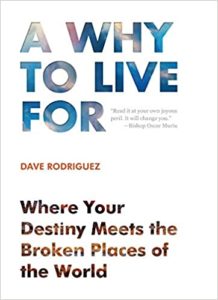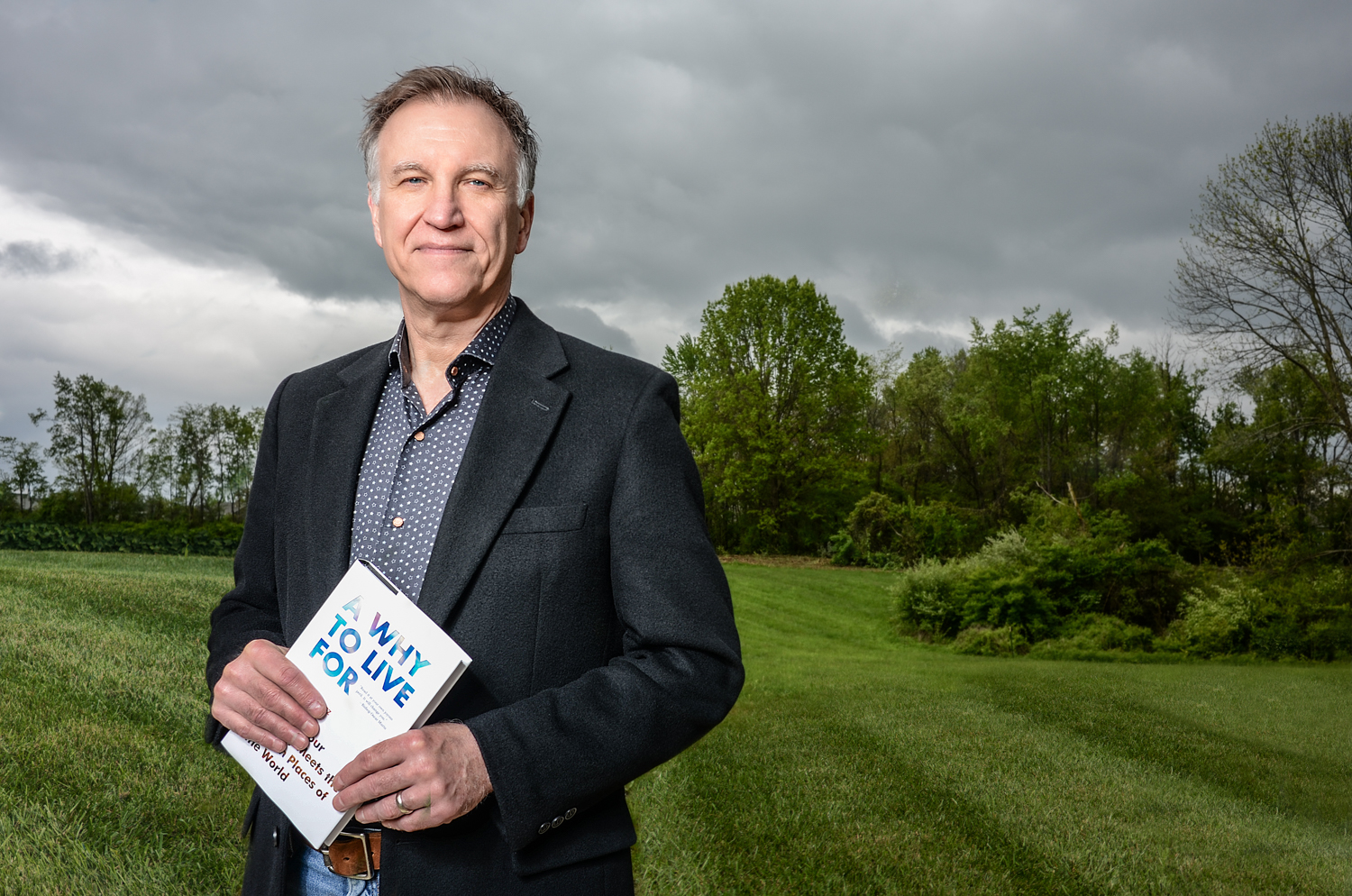“If something cannot go on forever, it will stop.”
Herbert Stein, economist
That makes sense in a general “duh” sort of way. But what if that also includes your professional success? Your relevance will not go on forever. It will stop.
Social scientist Albert Brooks of Harvard Business School makes a strong (and depressing) case for the sad truth of that “law” in his book From Strength to Strength: Finding success, happiness and deep purpose in the second-half of life.
Brooks says “People ignore it (Stein’s law) all the time. But you ignore this about your professional success at your peril. It will leave you falling further and further behind, shaking your fist at the heavens. You never give much thought to the party’s end, so you only really have one strategy: try to keep it going. Deny change and work harder.”
He goes on to state this reality: “In practically every high skill profession, decline sets in sometime between one’s late 30s and early 50s. Sorry, I know that stings. And it gets worse: the more accomplished one is at the peak of one’s career, the more pronounced decline seems once it has set in.”
Brooks suggests that there are reasons for this phenomena. “The performance of the prefrontal cortex of our brain starts to change as we age. Our abilities in rapid analysis and creative innovations start to suffer. We find it more difficult to multitask. And the skill to recall names and facts starts to fade”.
The bottom line is that, in time… “our fluid intelligence begins to wane. Fluid intelligence is the ability to reason, think flexibly, and solve novel problems. It is what we commonly think of as raw smarts.” Ultimately, as this happens, we begin to experience a decline in productivity, innovation and, sadly, relevance.
It is unescapable…sigh… And as we accept the inevitable we begin to ask ourselves a new agonizing question…”Who am I now?”…and grapple with the feeling of anomie even more. I have written a good deal about anomie over the last few months. You can find my previous posts on my website, here. I’ve suggested that there are ways to deal with this state of feeling unmoored or lost. For instance, we can do the hard work of re-examining our inner compass and beliefs and we can do the equally important work of reestablishing our tribe.
But what of this question “Who am I now?” Brooks, thankfully, gives us a path of transformation from fluid intelligence to crystallized intelligence. From innovator to sage. I highly recommend the book! And I too have a strong notion of what to do when you realize you are past your peak…you re-discover your calling. This is how you reclaim your relevance and impact!
Next week I’ll show you how to answer that question…”Who am I now?”
I think you’ll love the answer!




Thanks Dave.
You’re welcome Jim,!